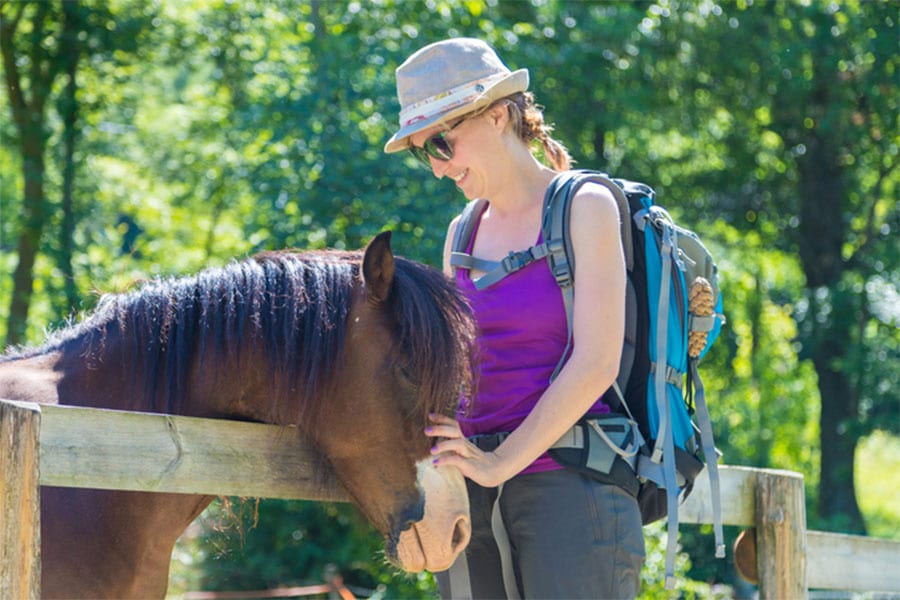Fields For Growth Therapy – Animal-Assisted Therapy in Counseling Certification
Definition of Animal-Assisted Therapy

Animal-Assisted Therapy is the use if any animal to help to provide a tool to increase mental health wellness. Assisted Therapy first was noted in England in 1699, with the use of dogs, cats, and even rats. Fast forward to the 1800s and Freud had a dog in sessions. Further incorporation of animals spread to residential settings with children and finally here in the states as well. The post World Wars saw a unique need for more animal-assisted therapy.
Purpose of Animal-Assisted Therapy
Our therapeutic toolbox for helping others continues to expand. One unique tool is utilizing animals as” co-therapists.” This creates changes that combine numerous theory applications in a new environment while attending to the nonverbal interactions with clients and the animal in session. The purpose of incorporating animals is to:
- Create physiological changes in clients with animal interactions
- increase in oxytocin (calming effect)
- increase in endorphins (pleasure effect)
- increase in dopamine (reward center effect)
Emotional changes are a result of interactions and include increased executive functioning, increased self-esteem, increased sensory awareness (to name a few).
Benefits of Certification
Certification provides 30 hours of intense in-person training that includes:
- Understand the etiology of Animal-Assisted therapy in counseling.
- Learn the four properties of change using animals.
- Identify metaphorical therapeutics in practicing with a live animal.
- Identify and apply advanced cultural awareness for community/organization wellness.
- Understand beginning a practice with an animal.
- Apply certification training for individuals, couples, families, groups, and organizations.
Training Advanced Clinical Skills
Certification training focuses on hands-on work with equines, cats, dogs, donkeys, pigs, a bunny, and a lamb and as well, practicing with other participants and clients as well. The focus is learning more in-depth verbal and nonverbal skills with addressing metaphorical applications, neurolinguistics, intersectionality, diversity, and broaching.
Participants will increase their awareness, knowledge, and applications of including animals for working with children, adolescents, adults, couples, and groups. A variety of theoretical approaches includes Internal Family Systems, Cognitive-Behavioral, Somatic, Family Systems, Brief Therapy, and Solution-Focus.
Post In-Person Certification Training
Clinicians will be supervised as they incorporate utilizing their animals in their settings. The supervision will be virtual. Continuing consultation will be available as well, to provide a community of certified animal-assisted clinicians.
Mental Health Treatment
PTSD and trauma treatments are very impacted with animal-assisted therapy. The interaction of simply asking a client to brush a horse, walk a dog, or hold a bunny, begins to create a safe environment for the client to explore their needs, wants, and desires.
This is also true for depression, anxiety, transitions, grief and loss, to name a few other treatment areas. Asking a client to create an obstacle with cones, poles, balls, hoops that represents what they need, want and desire to get “over, under, or around,” in their life, and labeling what those are, begins the changes. The client then chooses an animal to take through the “obstacles,” and then processing what occurred with the animal and them, provides a plethora of more metaphorical applications.
The Trainers
Dr. Sandra Kakacek, LCPC, began using equine-assisted therapy in 1999 and added other animals in 2017. The 25 years of experience includes 7 equine-assisted certificates, as well as many articles, book chapter, and presentations, both nationally and internationally. Dr. Sandra Kakacek is also an associate professor for a Clinical Mental Health Counseling Program.
Ms. Kaitlyn Twardzik, MS Ed., began 28 years ago engaging with equines and is a recent graduate of Clinical Mental Health Counseling. Ms. Twardzik began using all the animals as therapeutic tools in 2017. Ms. Twardzik is also an ABA technician and trains new staff at an autism center.
